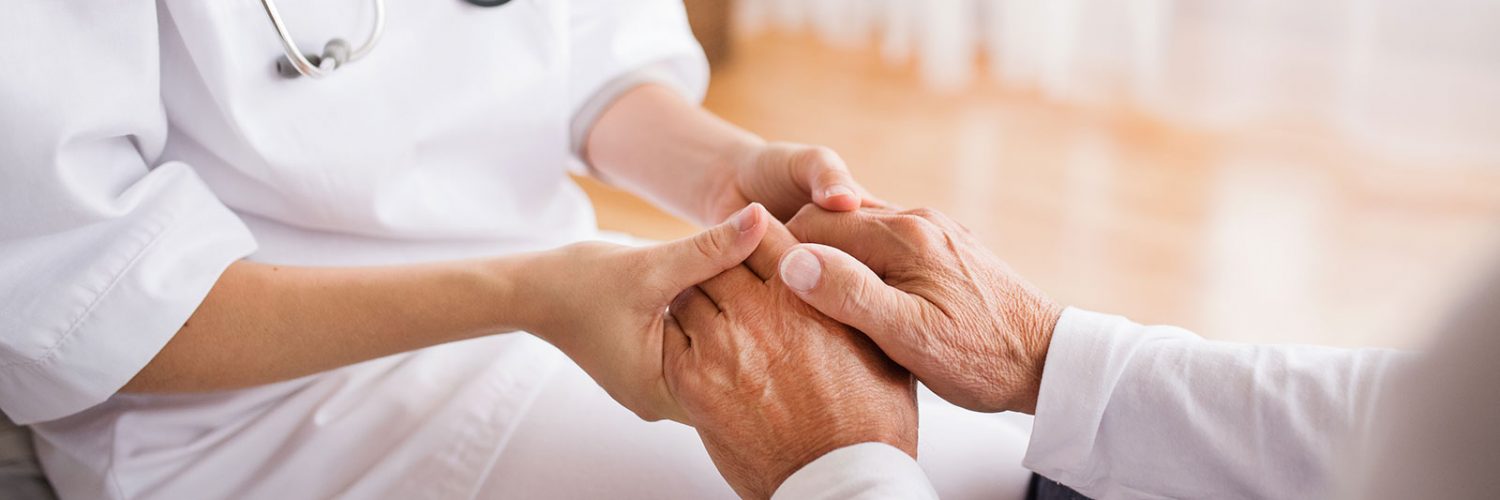As the COVID-19 pandemic continues to present challenges for the public health system, consumers and care providers are seeking remote communication solutions and technological innovations that can protect patient health. Scottsdale-based OmniHealth, a subsidiary of OmniExperience, is leveraging its technological innovations to meet growing demand. Industries of all types are working to ensure consumers that their facilities are safe.
Telehealth
Telehealth has been accelerating in use for years, but in the past few months the industry has exploded. Companies that can provide an efficient, customizable, and HIPAA-compliant telehealth system are in high demand.
At the outset of the pandemic, a vast majority of visits and check-ups were in-person, but telehealth was in the midst of 80% year-over-year growth.
“This shift was already happening before COVID,” says OmniExperience CEO Doug Ralston.
OmniHealth emerged as a competitor on the telehealth scene just two years ago, but the firm’s expertise and North American production line based in Scottsdale has made the company a key player in this market.
The company recognized that in the healthcare industry, there was a need for “enhanced customer service.” Through its cloud-based, open-source, and secure software, the company has been able to facilitate “virtually frictionless” communication between clinician and patient.
Their software is already being used by Mayo Clinic, CVS Pharmacy, King Drug and Homecare.
Adaptability
Utilizing their company’s signature “omniexperience,” OmniHealth enables providers to customize their mode of communication with patients. Because of its open-source structure, they can “constantly evolve and change as [the situation] evolves and changes.”
OmniHealth has adopted the “software as a service”, or SaaS, distribution model. This means that the native application developed by the company is brandable, expandable, and completely open to changes. This, Ralston emphasizes, contributes to the company’s mission of maintaining “self-service, frictionless engagement options”.
Advanced kiosks offer screening capability
Beyond the code, Omni also offers a wide array of hardware. From interactive kiosks to enormous electronic wall displays, the company produces up to 500 pieces of modular hardware a month. Ralston says that the company has production capacity to ramp up production as demand warrants.
In the Covid era, the company’s kiosks offer important tools for congregant settings.
“How do we welcome people back, especially in areas where you have groups of people?” Ralston said.
To meet that need, OmniHealth now offers affordable high-tech kiosks to screen guests for fevers and that can check individuals for face masks before they enter a group-gathering such as a conference.
The kiosks can also be deployed in physician offices and clinics, not only for health screenings, but to ease the patient check-in process or to segregate well and ill patients.
OmniExperience has integrated similar systems flawlessly into tourism and hospitality settings. In fact, they are already working with Disney Resorts, Marriott, In-N-Out, the Los Angeles Tourism and Convention Board, and more.
“Businesses that adopt omni-channel strategies achieve 91% greater year-over-year customer retention” than if they did not adopt the omniexperience, says Ralston.
Outlook
The coronavirus pandemic has accelerated the need to adopt advanced technological tools into the healthcare space. OmniHealth’s focus on a frictionless experience may just make your next doctor’s appointment a bit more cheery and a lot less stressful.
















Add comment